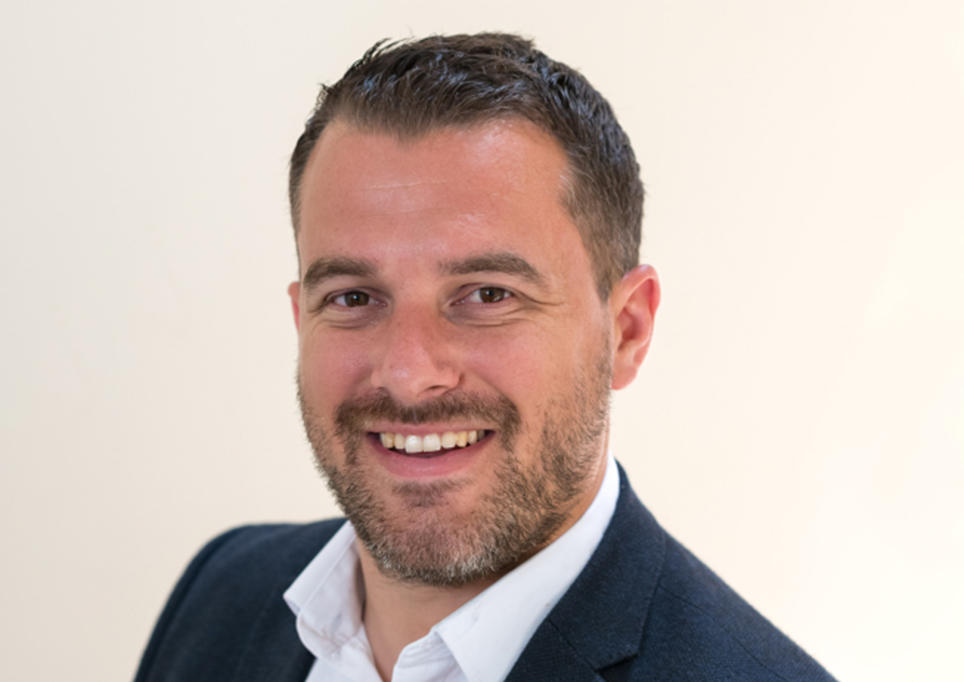Chris Moriarty reflects on IWFM Conference 2020: ‘We have to go and grab the opportunities’
News
08 October 2020

Times have certainly changed since our 2019 conference in St Paul’s, London. We were exploring how the evolving profession would require new skills and viewpoints. That saw us bring leading lights from different disciplines to inspire us with fresh ideas.
When planning 2020, we picked the topic of ‘turbulent times’ and at that point it was more of a reflection of the various megatrends that were influencing workplace and facilities teams: climate change, wellbeing, technology, and the future of work. However, we hadn’t realised how prophetic our title was going to be as the spring of 2020 unfolded with a UK-wide lockdown.
Of course, we’d already taken the decision to move our event to September, but the subsequent fallout of that move brought these megatrends into sharper focus: we saw the immediate impact of traffic-free towns on the local environment; we were worried about the wellbeing of employees suddenly having to balance work, life, parenting, schooling from the confines of their homes; we had to roll out technology to keep us connected at lightening speeds to stay in touch with colleagues; and we had countless conversations about the future of ‘work’ and whether homeworking was the ‘new norm’.
That made it all the more important to hear from our speakers. All experts in their field and who, like all of us, had been navigating these turbulent times in real time. Pen Hadow told us of his mind-blowing story of solo expeditions to the North Pole and broke down the real climate emergency in a way I’ve never heard before. Not only did he speak of the fragility of the northern ice cap, but also showed how this is going to be sped up by commercial activity in the region made possible by the melting ice. He’s on a mission to get that region protected; it’s a big mission but he’s passionate about it. He challenged each and every one of us, all able to make big changes in our organisations given our positions, to do something as well. We have to.
Marjorie Wallace gave an honest reflection on the nation’s mental health during the pandemic and showed us the role that organisations can play going forward. Already seeing success with their Black Dog campaign, which aims to provide environments and opportunities for colleagues to talk openly about their mental health, she highlighted that the pandemic is exacerbating an already difficult situation and urged our audience to take an active role in supporting their employees through this difficult time.
What both of these talks reminded me of - and it’s something that should inspire you all - is the agency we have in this. Lots of professions will rightly claim to have skin in the game because these are wide topics, but these particularly areas are things that we as a community can have a huge role in as we’re already connected to them in some way. As ‘super-connectors’, any positive change we make will touch all corners of our organisations.
We will need to maintain that proactive attitude for the final two megatrends: technology and the future of work.
Dave Coplin joined us again, having spoken at our 2015 conference, to talk us through the latest thinking on the future of technology, but as ever his message was one of human progress going hand-in-hand rather than the ‘loss of jobs’ narrative that seems to dominate. He bemoaned the tendency for people to use technology to make what we did yesterday a bit better today. Instead, we should start our thinking from a fresh perspective and look at the work experience we want to create and how technology can get us there, adopting an experimental, rather than predictive, mindset.
And finally, we were treated to the ideas of Matthew Taylor, CEO of RSA and author of 2017 report, ‘Good Work’, an independent review into modern employment, commissioned by the UK Prime Minister. He explored a number of scenarios and challenges that are heading our way, but rather than taking a binary view of home versus office, he explored how huge changes to market conditions drive new business models. That is actually the starting point because work drives talent and talent drives workplace because, essentially, organisations will be wondering how to use ‘human labour to generate value’. How much of our work is about supporting that and how much is about maintaining the ‘fixed asset’?
I think it is in that last idea that the true message of our conference lies, and something we were treated to earlier in the week by professional pirate Sam Conniff. If we are waiting for people to tell us what they need in their sustainability and wellbeing programme, or what technology is going to do to our profession or what the organisation decides it needs to support work moving forward, we are always going to be a profession that is ‘done to’. If we are going to become the business leaders that we say we want to be, we need to stop waiting for permission. We have to go and grab the opportunities.
If you're a registered delegate and you missed any of the sessions or want to watch them again, you can catch them on the Conference platform where all sessions will remain available until the end of 2020.
